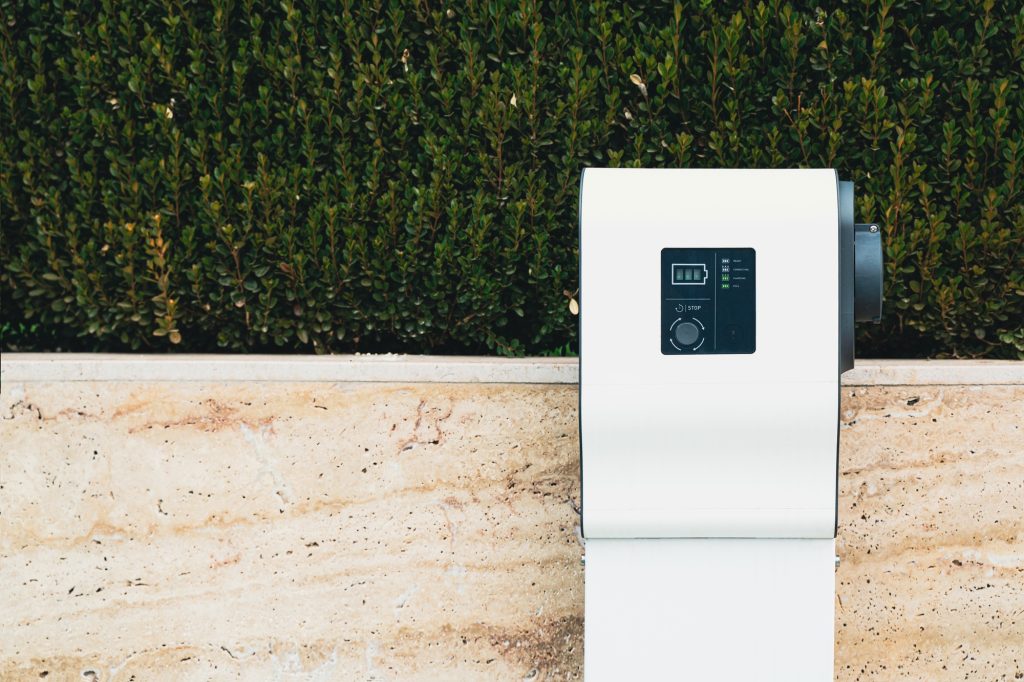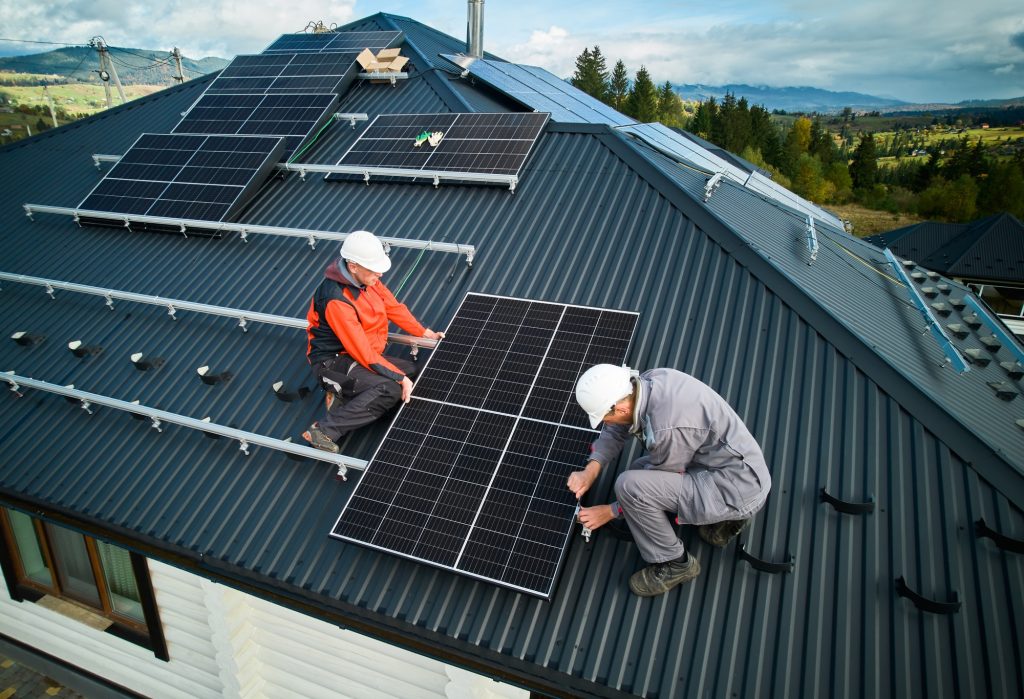Battery Storage Solutions: What You Need to Know
Stay ahead with insights on storage tech and its role in energy efficiency.
Battery Storage Solutions: What You Need to Know
As renewable energy sources like solar and wind become more mainstream, the need for efficient energy storage is critical. Solar panels can only generate electricity during daylight, and wind turbines depend on weather conditions. Battery storage bridges this gap by storing excess energy when production is high and releasing it when demand spikes or generation is low—ensuring consistent power delivery.
In residential and commercial settings, this means energy independence. Homeowners can rely less on the grid, and businesses can stabilize operational costs. Battery systems also help utilities balance the grid, reducing outages and enhancing energy resilience.
Types of Battery Technologies Available Today
There are several battery types used for energy storage, but lithium-ion leads the market due to its efficiency and long life cycle. It’s compact, reliable, and capable of handling frequent charge-discharge cycles. Alternatives like lead-acid and flow batteries exist, each with unique applications depending on scale, cost, and duration requirements.
Emerging technologies such as solid-state batteries are being researched for even better performance, safety, and environmental impact. Understanding each type’s pros and cons helps consumers and developers make informed investment decisions.


Key Considerations Before Installing a Battery System
Before investing in a battery storage solution, assess your energy consumption patterns, available space, and long-term goals. Factors like system compatibility with solar panels, installation cost, maintenance requirements, and local incentives should all be evaluated.
It’s also essential to consider safety certifications, battery warranty, and whether the provider offers monitoring systems for tracking energy usage and system health in real time. These aspects determine both the immediate and future value of the investment.
Financial & Environmental Benefits of Battery Storage
Battery storage reduces electricity bills by allowing users to draw energy during peak price times from stored reserves. For commercial properties, this means demand charge management—lowering overhead without operational compromise.
From an environmental standpoint, battery systems support cleaner grids by reducing dependence on fossil fuels. They enable more efficient use of renewables and reduce greenhouse gas emissions, making them a key component of global sustainability efforts.
- Explore More Insights
Related Reads on Green Energy & Innovation
Funding & Incentives for Green Startups
Explore global and local programs helping sustainable businesses scale faster.
How Sustainability Impacts Consumer Trust
See why going green isn’t just ethical—it directly affects your brand credibility.




